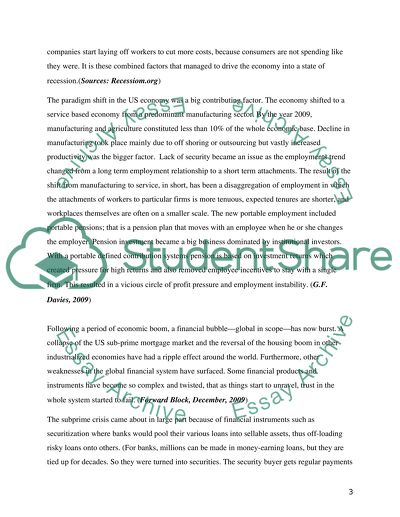Cite this document
(“Global Financial Crisis Essay Example | Topics and Well Written Essays - 1250 words”, n.d.)
Retrieved from https://studentshare.org/politics/1527769-global-financial-crisis
Retrieved from https://studentshare.org/politics/1527769-global-financial-crisis
(Global Financial Crisis Essay Example | Topics and Well Written Essays - 1250 Words)
https://studentshare.org/politics/1527769-global-financial-crisis.
https://studentshare.org/politics/1527769-global-financial-crisis.
“Global Financial Crisis Essay Example | Topics and Well Written Essays - 1250 Words”, n.d. https://studentshare.org/politics/1527769-global-financial-crisis.


